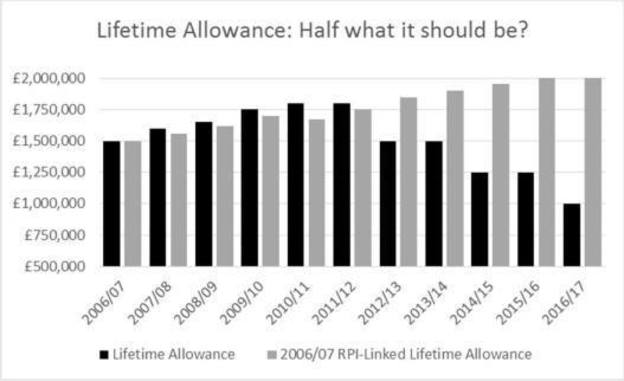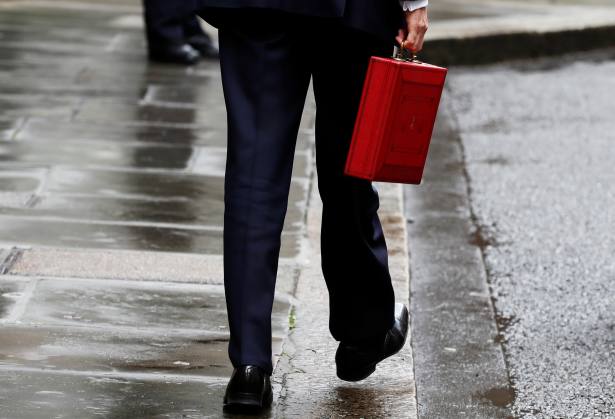However, former chancellor George Osborne linked the LTA to the CPI in 2015, which means, according to the current Budget documents, that the LTA will rise to £1.03m for 2018-2019.
Says James Gladstone, head of wealth planning at Cazenove Capital: “The small inflationary increase to the LTA of £30,000, taking it to £1,030,000, is insufficient to prompt a review of strategy on this point.
“However, it was good to see the government not choosing to abolish this promised inflation-linked increase in the LTA and once again dip into the pension funds of those prudent enough to save for their own retirement.”
While there were no big pensions tax changes, this does not mean the threat has disappeared completely. As Mr Greer says: “Pension savers can breathe easy – for now.
“Changes to pensions tax relief will continue to loom large for years to come so long as government borrowing remains at all-time highs and spending demands ask ever more from the Exchequer.”
Pensions and the gig economy
Many commentators expected the chancellor to talk about bringing in some form of pension coverage – perhaps a form of auto-enrolment – for the gig economy.
According to the Office for National Statistics, there are approximately 4.8m self-employed workers in the UK – a significant proportion of the total 32.06m of the UK’s working population.
However, many of these do not have any self-funded pension provision and, by the very nature of being self-employed, have no workplace benefits such as protection or pension arrangements.
There were hopes that the current auto-enrolment framework, which was brought in under the Coalition government in 2012, could be extended to allow those working in the gig economy and the self-employed to be able to join a form of compulsory pension.
It was expected that self-employed contributions could be taken through the annual self-assessment forms at the end of each financial year.
Jade Connolly, head of advice at Ascot Lloyd, comments: “Following the big win for the ‘workers’ of Uber at the courts, it would not have been a surprise if the government tried to legislate big company treatment of workers in the ‘gig economy’.”
However, she adds: “The classification of the workers as employees would have massive tax implications for the company, and any other company operating in a similar manner.”
A study from Zurich and the Pensions Policy Institute (PPI) published earlier this autumn had suggested that implementing a form of auto-enrolment for gig economy workers could help boost their pensions savings by up to £75,000.








